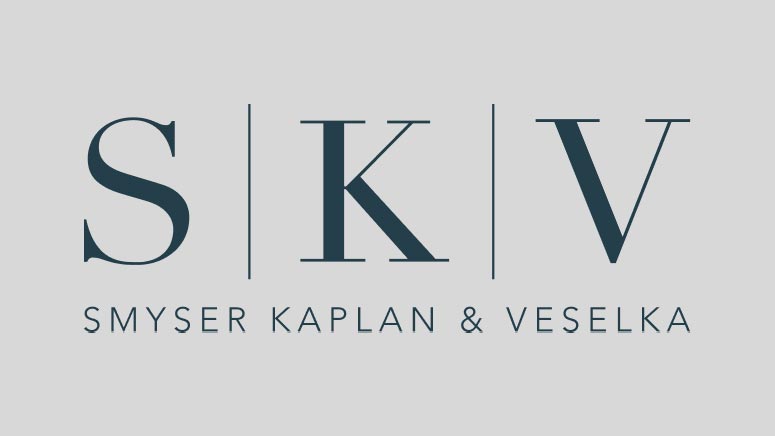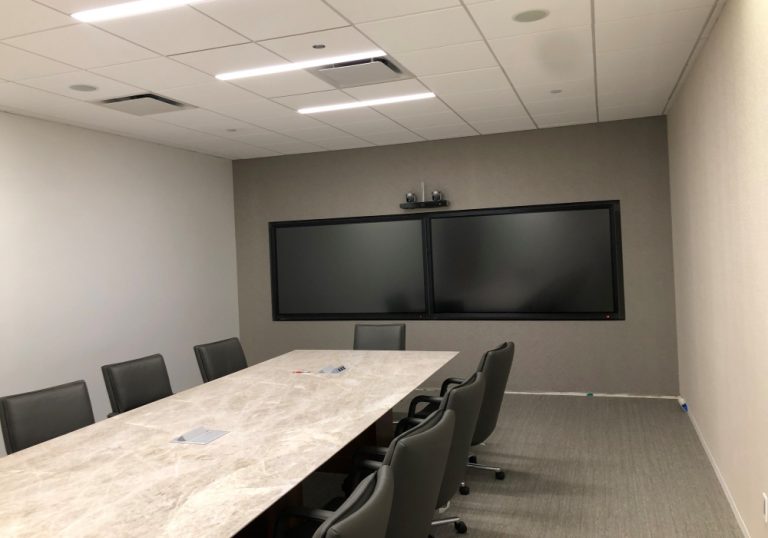AV Technology Revolutionized the Way Courts Operated
While the world came to a standstill during the pandemic, trials had to press on. AV technology transformed the way courts proceeded.

Problem
Critical Legal Hurdle: Overcoming Trial Delay
To avoid a long trial delay, SKV sought a virtual solution, recognizing the significant financial stakes involved.
Solution
AV Solutions Ensure Seamless Virtual Trial Proceedings
To bridge the communication gap, a virtual atmosphere resembling a live courtroom feeling as much as possible would be crucial. Words would have to be clear for documentation purposes, evidentiary images would need to be crisp for examination by all parties, and body language as well as facial expressions should help convey intent and purpose accurately.
Result
Data Projections' Key Role in Securing $147 Million Victory
In the case of Data Projection’s client, SKV, the requirements were high from the get-go. Nothing less than a state-of-the-art conference facility with an intricate web of interconnected monitors, interactive displays, control panels, sound integration and streaming capabilities would do.
When the Harris County 80th District Court launched its videoconference trial on Sept. 14, SKV was ready – with a team of professional graphics consultants on standby to address any unanticipated technical challenges, if needed.
Over the course of a lengthy 5-week bench trial, Data Projections was instrumental in providing products, support and consulting services to SKV’s full advantage. By the time the proceedings on Zoom concluded, SKV attorneys had examined 18 live witnesses and presented hundreds of exhibits to make their case on behalf of Vitol Americas Corp.
The proceedings culminated in a major win for SKV on Oct. 15, 2020, with a judgment awarding Vitol Americas Corp. $147 million total in reimbursements and prejudgment interest. In a media release following the trial, SKV attributed part of the success to its state-of-the-art conference center, designed and equipped by Data Projections.

AV Products Revolutionize Legal Proceedings

Clevertouch:
From reception and booking systems to in-meeting interactive displays, Clevertouch creates dynamic interactive workspaces for better collaboration.

Crestron Control:
Crestron control panels equipped with availability lights are ideal to glance for the usage of conference rooms.

Poly EagleEye Director:
EagleEye Director delivers lifelike picture that shows everyone at the table. Internal mics offer exceptional pickup, eliminating the need for external mics.

Barco ClickShare:
ClickShare is an award-winning wireless meeting room system for easy video conferencing, collaboration, and presentation in the modern workplace.

Samsung:
Professional image quality and commercial reliability with Samsung displays.

Zoom:
Modern workspaces for hybrid teams; Zoom brings collaboration into any space and enables in-person and remote participants to interact in real time.
DPI continues to meet and exceed our expectations as a preferred vendor. Their team delivers relevant solutions, quality integrations, transparent communication and overall professional experience.”



